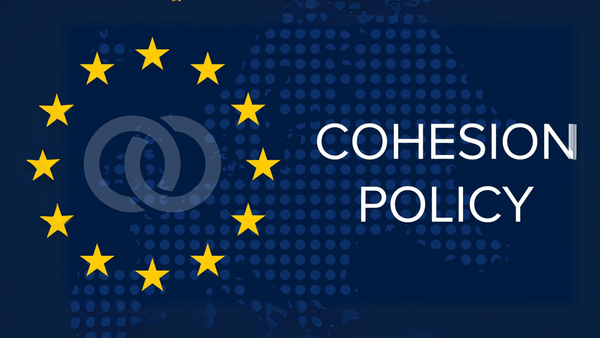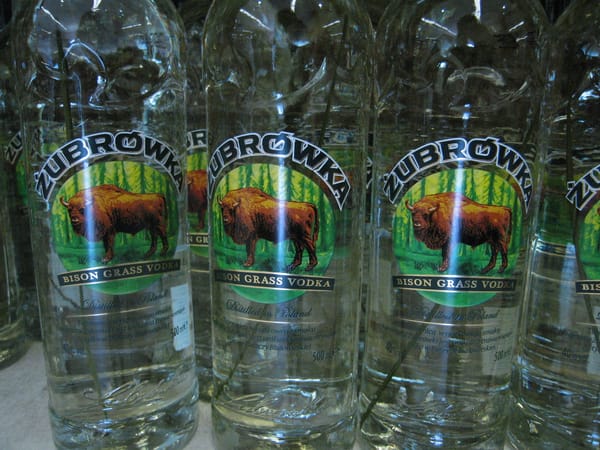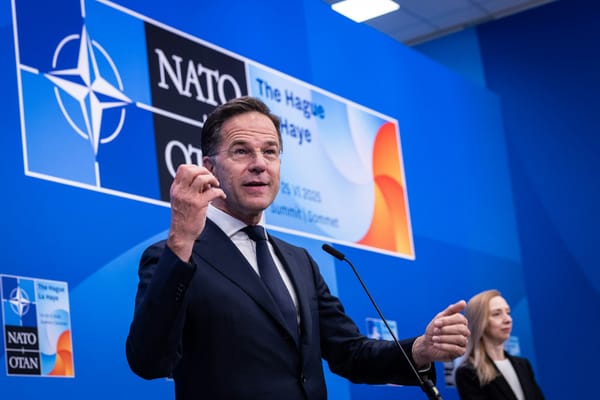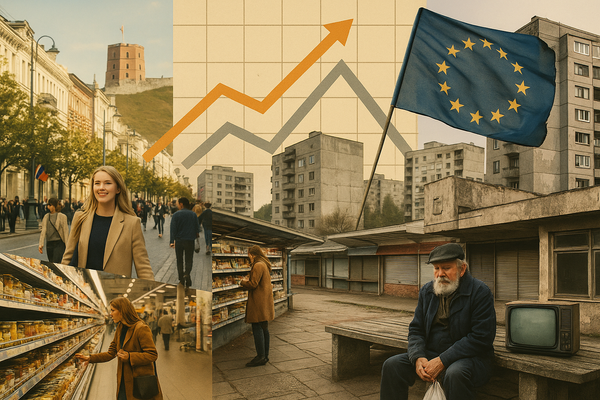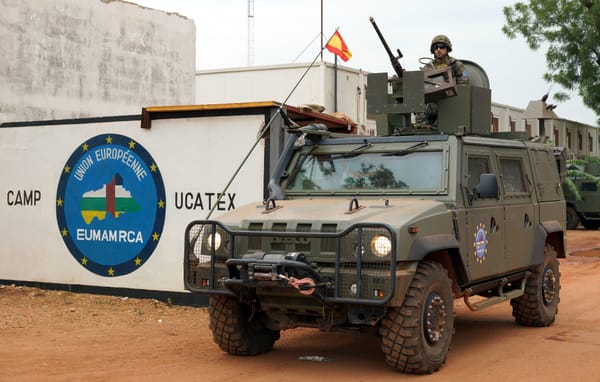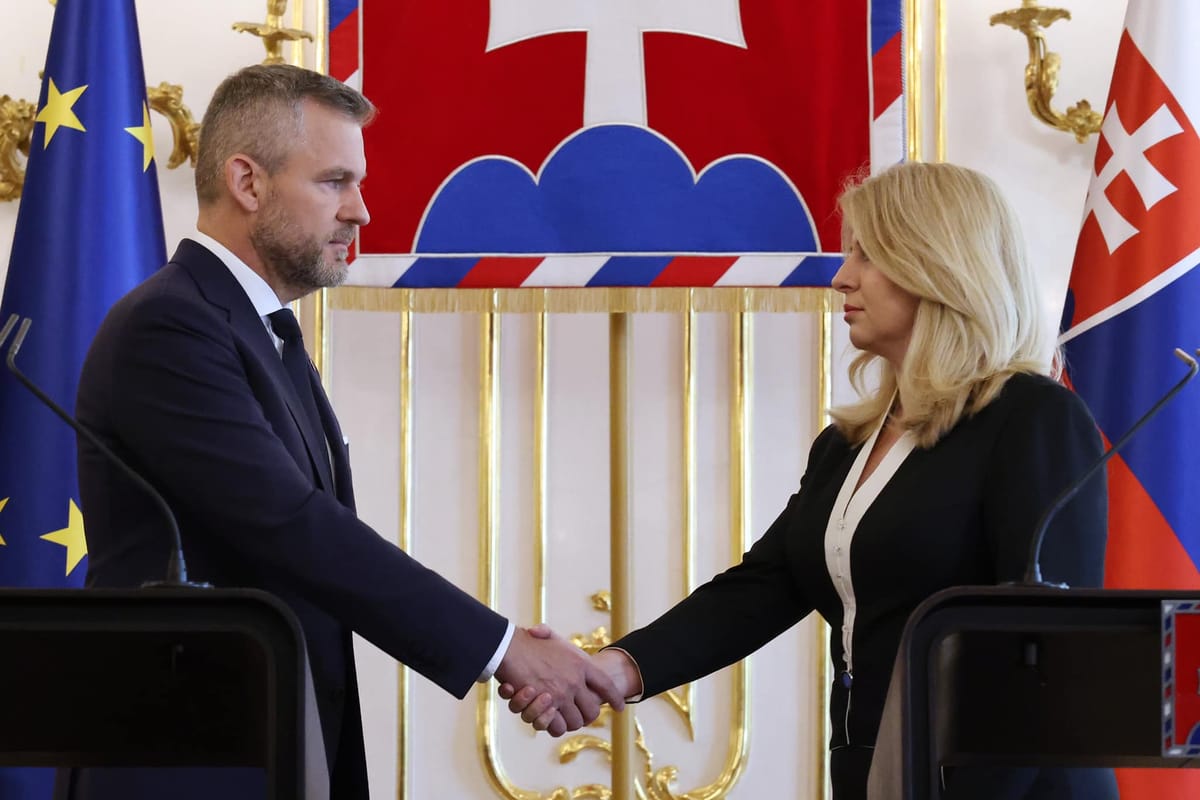
Slovak politicians urge calm after Fico shooting
Slovakia’s head of state and president-elect jointly called for calm in the wake of the assassination attempt on Slovak Prime Minister Robert Fico on Wednesday 15 May.
Fico was shot five times by Juraj Cintula in Handlova, central Slovakia, on Wednesday, at 2:30 pm, in the highest profile attack on a European leader this century. Fico, 59, who took the country’s top office for the 4th time in December, was greeting members of the public after a cabinet meeting when Cintula, 71, shot him 5 times.
The Slovak prime minister was helicoptered to a nearby hospital and then transferred to another in Banska Bystrica, central Slovakia, where dead tissue was removed from his gunshot wounds on Friday. He was “approaching a positive prognosis” on Sunday, Slovak Defence Minister Robert Kalinak said. Fico will receive further treatment in Bratislava.
Cintula, a writer and political activist, was arrested at the scene. Slovak Interior Minister, Matus Sutaj Estok called the attacker a “lone wolf” who had participated in several anti-government protests. Cintula faces a prison sentence of 25 years to life.
Fico accused news outlets of fomenting hate last month
Fico began his fourth term as prime minister after being elected in September as head of the nominally left-wing SMER party on a populist, pro-Kremlin ticket with pledges to halt military aid to Ukraine – which he then did in January – and criticism of NATO, the US, migration, NGOs and LGBT rights. Fico’s cabinet is currently dismantling a special anti-corruption prosecution office and taking greater control of the public broadcaster RTVS.
On 10 April Fico himself published a video message saying “Progressive Slovakia voters are cursing government politicians in the streets and I am just waiting to see when this frustration, which is deepened by (news outlets) Dennik N, SME and Aktuality, will turn into the murder of some of the leading government politicians.”
Cintula has advocated for the creation of armed militias against migrants and opposed Fico’s ending of aid to Ukraine in January 2024 and attempt to abolish public broadcaster RTVS last month. Security experts told international media that the attack shocked Slovak intelligence services who had not been aware of him.
Presidents unite in call for national calm
Slovakia’s outgoing President Zuzana Caputova met president-elect Peter Pellegrini issued a statement on Friday that said: “We stand here together because we want to signal understanding in this tense situation. Different opinions are natural, we also have different opinions. But we are both people, politicians, who agree on what is most important for society now. And that is the need to calm the situation.”
Caputova and Pellegrini announced that they would convene all the leaders of the parliamentary political parties for a meeting to calm the tense atmosphere and reject violence. However on Sunday Pellegrini wrote on Facebook: “It turns out that the time is probably not ripe for the round table of political parties. That’s why I’m reaching out to you, my friends. Please don’t be carried away by negative emotions.”
Caputova, who decided against standing for relection after receiving death threats, added that: “As a society, we live in a time of many conflicts, but please, let’s not transfer them to the level of hatred. We are one country, one nation and together with the minorities we create a human community that lives together at this time in this territory.
“We politicians must first of all have power over ourselves, over our emotions, when we want to exercise public power in the state. Therefore, please let us all control our thinking, speech and actions. Because what we think, we become. And now we all need to become a little better people.”
Pellegrini said “Slovakia needs to reject radicalism, create conditions for dialogue and democratic political competition. In the following hours and days, therefore, please do everything to reassure the citizens, so that there is not another escalating situation.
He added that the country “has acquired the ability to solve all political crises by democratic means such as elections, referendums and petitions. After the attack on Mr. Prime Minister, however, we face a new challenge of returning political life to democratic tracks, where thoughts and arguments decide, not weapons and violence.”
European Commission President Ursula von der Leyen, Ukrainian President Volodymyr Zelensky, and Russian President Vladimir Putin all condemned the attack and wished Fico a swift recovery.

